Project INSPIRE
Incarcerated Students Prepared and Inspired to Re-enter Their Education
On any given day, tens of thousands of juveniles are incarcerated in the United States. According to the most recent available data, 113,000 youth were admitted to detention across the country, and it appears that number is rising. In North Carolina, 2,934 youth were admitted to detention in 2023. Over 60% of incarcerated youth have a diagnosable mental illness, 35% have an identified learning disability, more than two-thirds drop out of school, and 85% re-offend.
Project INSPIRE was designed to address some of these statistics with the goal of increasing engagement and awareness of educational opportunities for justice-involved youth. The project was also designed to give pre-service teachers experience working with a population of students teachers do not work with.
Project INSPIRE Origins
In 2020, Dr. Kelly started a program in the Juvenile Justice Center in Lubbock, Texas. This program combined programming, robotics, mentoring, and social and emotional learning into a program within the facility. Dr. Kelly took a group of undergraduate students into the facility to work with one group of male residents, and one group of females.

The youth ranged in age from thirteen to seventeen and were in a long-term program designed to rehabilitate them within a year. Up to twelve youth were housed in units that included individual cells, couches, and tables for eating and playing games. The youth went to school (taking mostly online classes) in trailers in the back of the facility.
As part of their coursework, Dr. Kelly’s students went into the facility one day per week for approximately 90 minutes. During that time, they taught the youth how to program the robots and engaged in mentoring activities. The program expanded over several years to eventually include eight unique groups of youth, including youth in short- and long-term placement and juvenile sex offenders.
Expanding the Program
The program was expanded to several related groups. The first was a Juvenile Justice Alternative Education Program (JJAEP) that was housed on the same campus as the detention center. The JJAEP students were those who had committed offenses that precluded them from attending traditional public schools. The JJAEP also housed the Specialized Treatment and Rehabilitation (STAR) program, a non-residential boot camp-style program run by the sheriff’s department that students attended before and after school. The JJAEP had trailers inside a fenced area (topped with barbed wire) where classes were held.
The second area where the program was expanded was in a local middle school that had a higher rate of students end up enrolled in the JJAEP school or in the detention center than other middle schools in the county. Students in the middle school program were purposefully selected by the guidance counselors as having higher incidences of behavioral referrals and identified as at risk of being removed from the school and placed in alternative education programs.
Project INSPIRE Robots
Project INSPIRE relies heavily on the use of Sphero robots. These robots are self-contained platforms that include a variety of sensors and gyros inside a 3-inch plastic sphere. The robot, or Sphero, moves around based on a program developed by the students or directly controlled by the student using a joystick and operates similarly to a hamster in a ball.

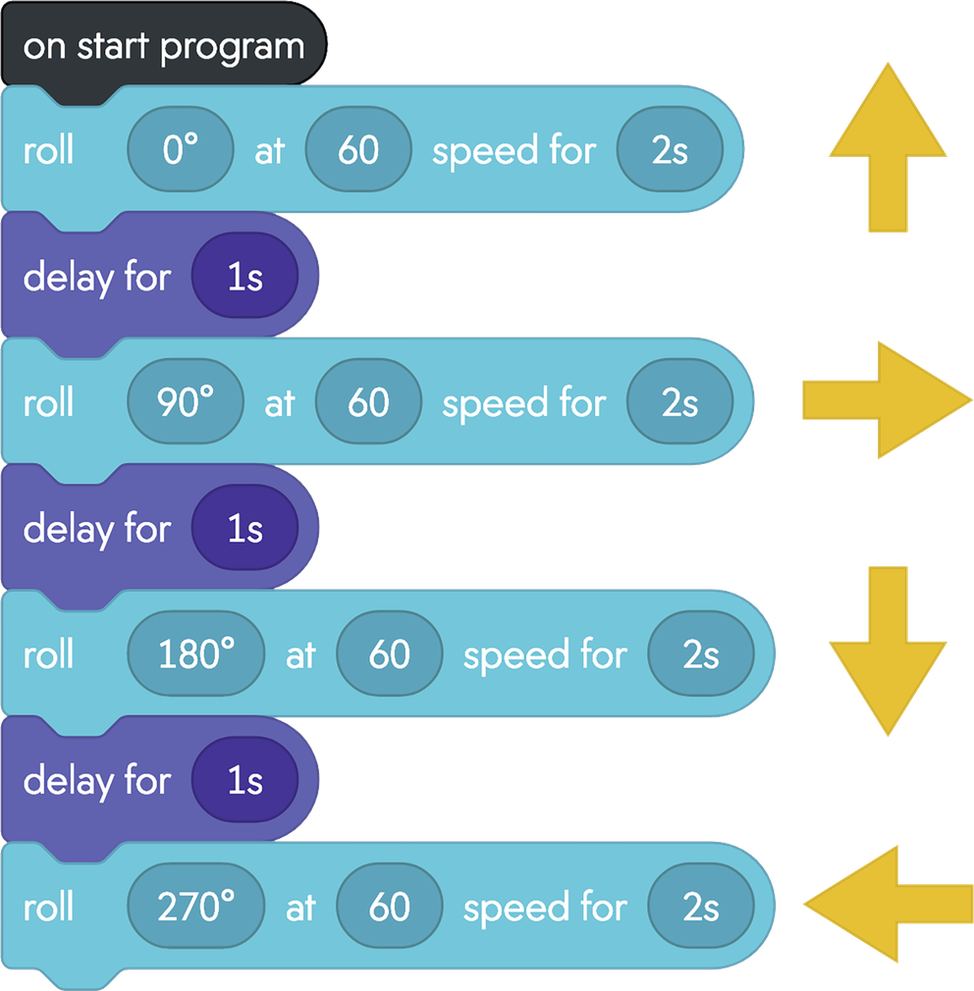
The robot has the ability to light up, make sounds, and sense collisions. It is programmed on an iPad or Chromebook using block programming and does not require access to the internet. These factors, in addition to the approachability of the programming, make it an ideal platform for use in secure facilities. The Sphero platform is appropriate for all ages and capabilities of students.
Project INSPIRE Priorities
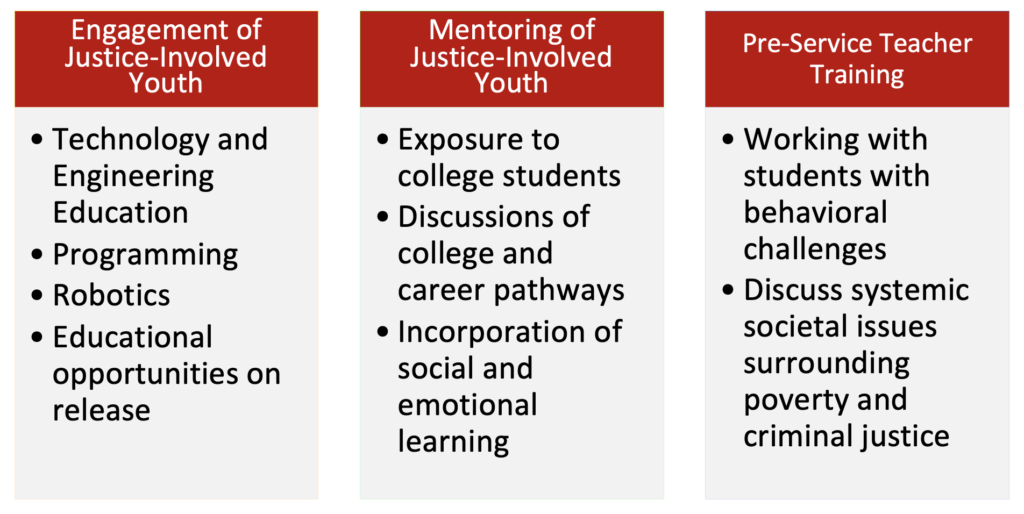
Combining Computational Thinking and Cognitive Behavioral Therapy to Promote Social and Emotional Learning
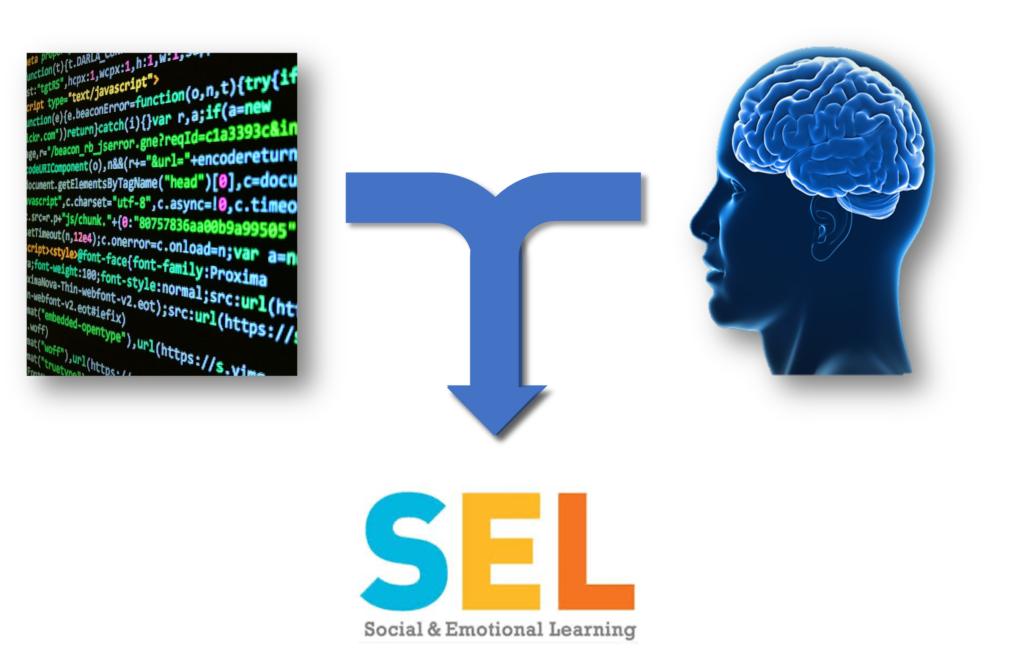
Social and emotional learning (SEL) refers to the process of developing skills to understand and manage emotions, build positive relationships, make responsible decisions, and show empathy for others. These are critical skills for everyone to learn but are particularly important to teach and reinforce with justice-involved youth. Self-management, self-awareness, social awareness, relationship skills, and responsible decision-making are competencies that are built into Project INSPIRE’s activities to help develop these skills in the youth with the goal of reducing recidivism.
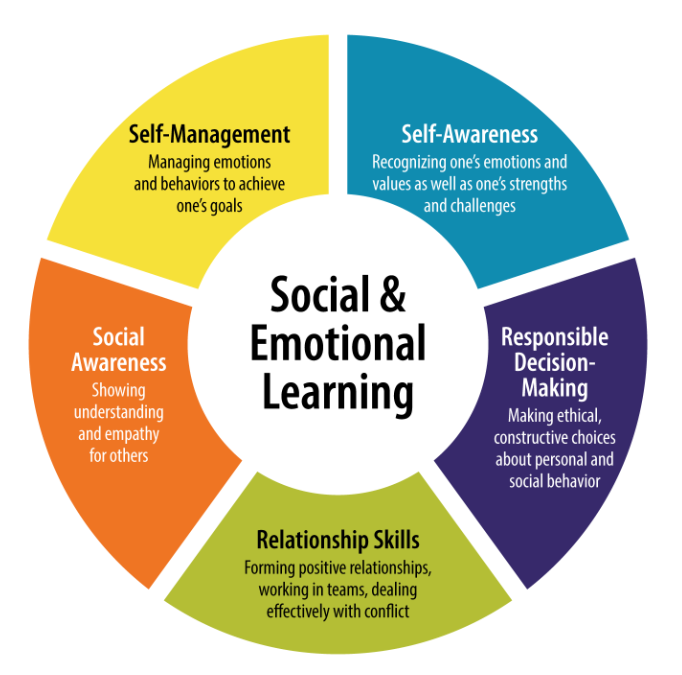
Project INSPIRE’s Impact
Some quotes from the students who worked with the youth…
“I think that telling these kids that they are special and that they can do it as well was the biggest impact for me.”
“Where these kids are at their age, they can turn it around at any moment. They just need a steer in the right direction.”
“It made me feel good that I can make them realize that the world is not all bad, but it is also tough at the same time.”
“I really saw those kids as something I could have been if I didn’t have the support system around me, you know, I had a mother, I had a grandparent.”
“She talked to me about how she doesn’t get that support. She doesn’t get anything like that.”
“Like, it just, it made me feel good inside. I guess to see how much they were growing and how they didn’t want us to leave. And so yeah, it warmed my heart.”
And from the youth themselves…
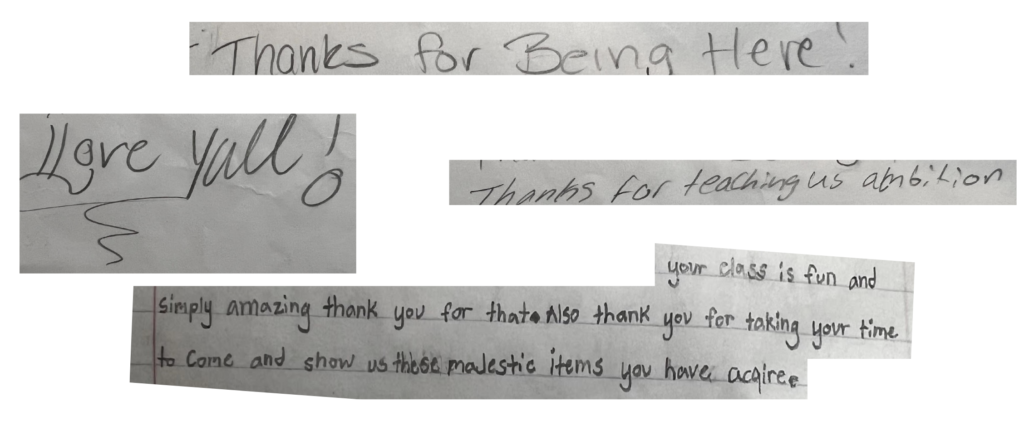
Project INSPIRE is funded by the National Science Foundation – Award #2404954 – CAREER: Integrating Robotics and Socio-emotional Learning for Incarcerated Middle School Students
